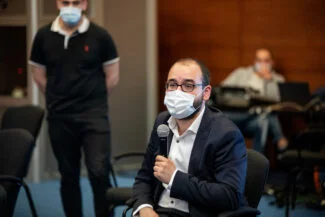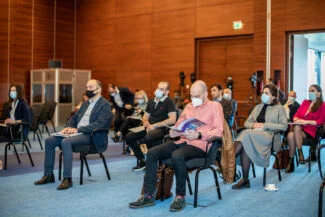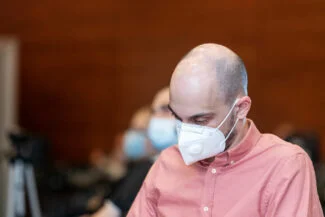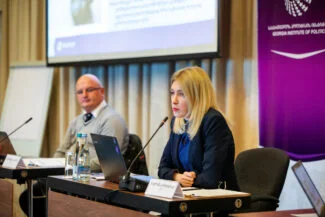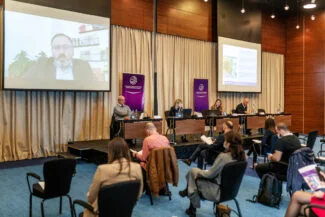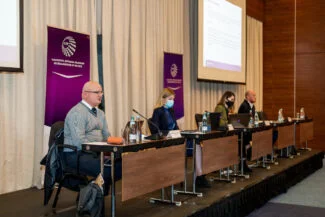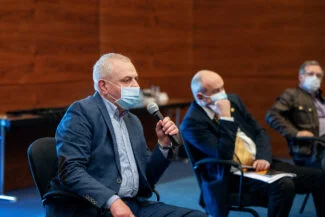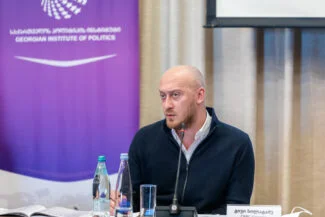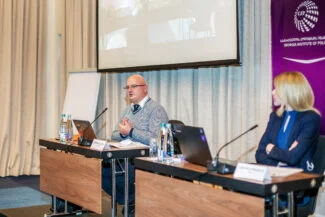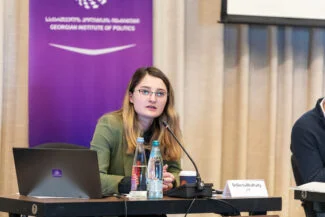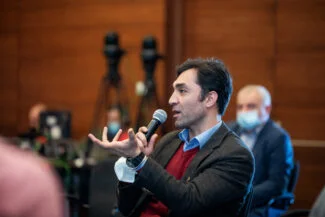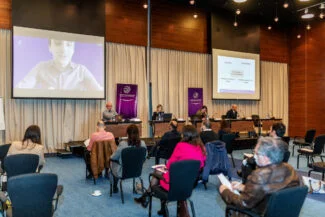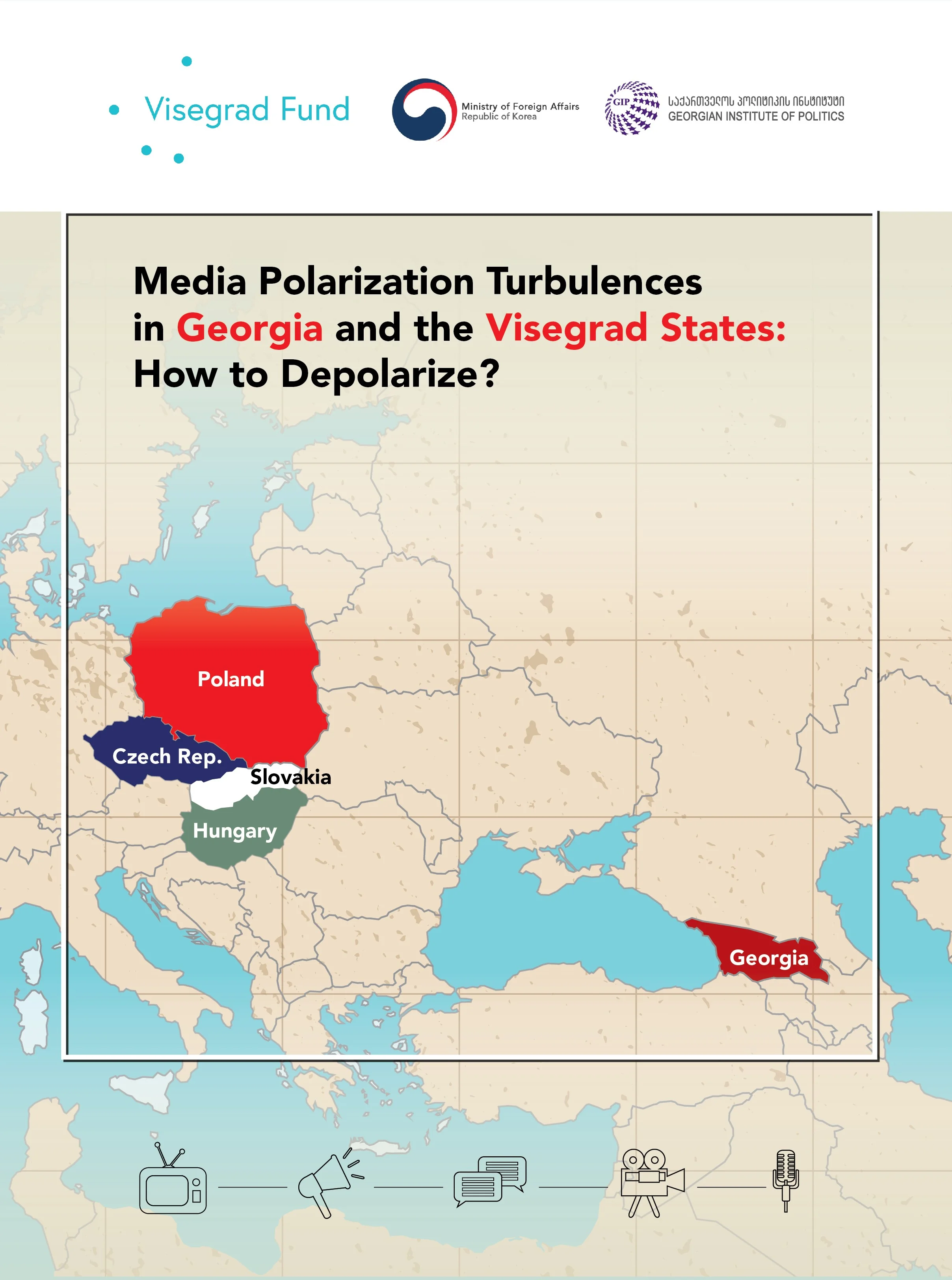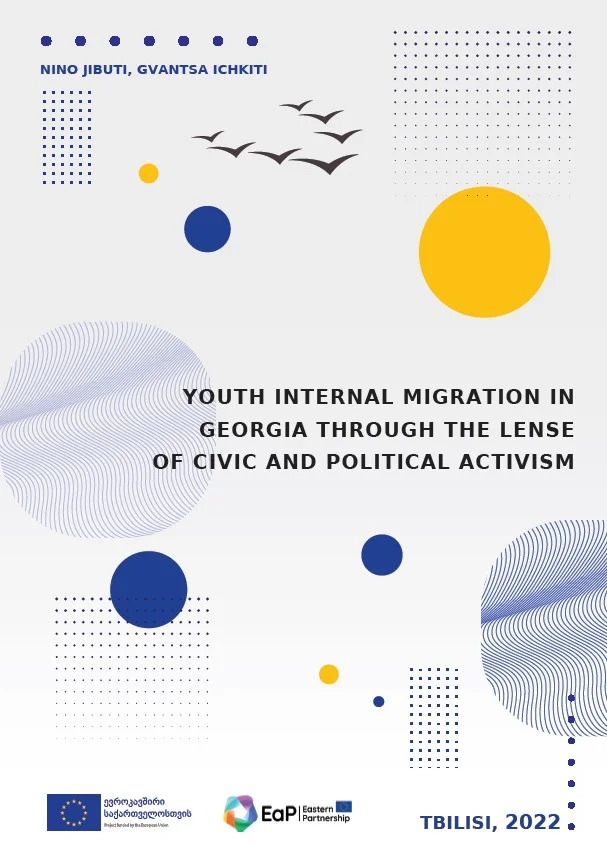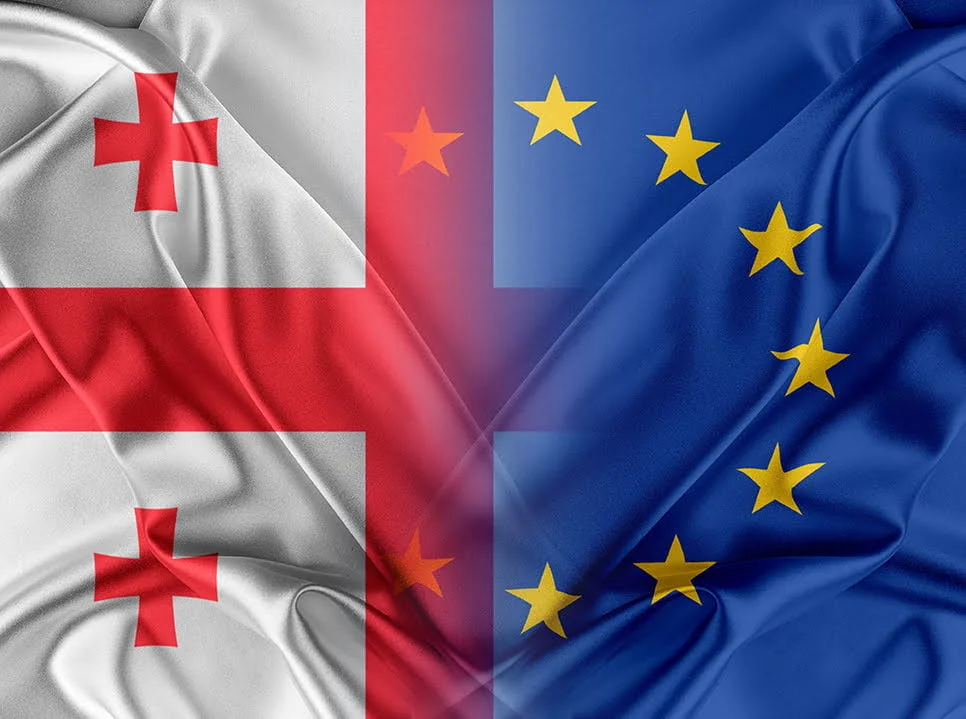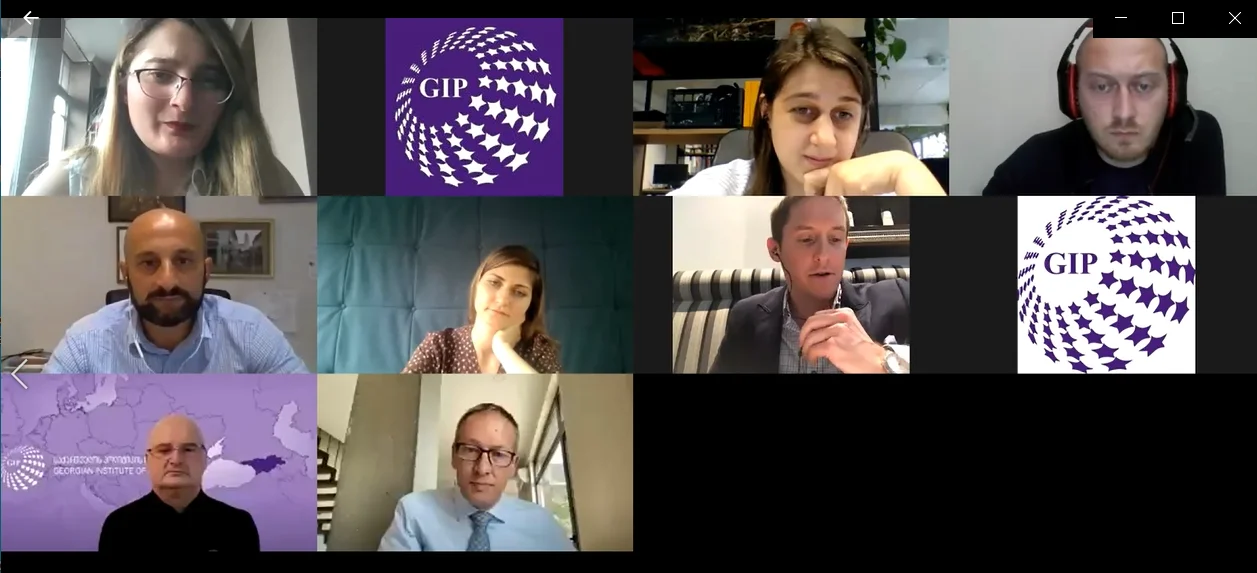On April 16th, Georgian Institute of Politics (GIP) presented the report “The First 100 Days of the Georgian Dream Government: Reality and Challenges”. The presentation took place at “Radisson Blu Iveria” hotel. The report analyzes the Georgian Dream (GD) government’s implementation of promised reforms during its first 100 days in office. In particular, the publication explores GD’s election program and assesses to what extent the new government made good on its campaign promises during the first 100 days.
The report focuses on the policies implemented by the Georgian Dream (GD) government in the first 100 days after the 2020 parliamentary elections. More precisely, it analyses the first steps the GD government took after the elections with regards to the socio-economic issues, democracy and the foreign security policy. Furthermore, the report also assesses the electoral program of GD and the extent to which the GD government has followed the program after elections.
The aim of the report is to better inform the Georgian public and international community about the challenges inherent to Georgia’s democratization and socio-economic processes by providing an in-depth study of the first 100 days of a newly elected government.
The report 100 Days of the Georgian Dream Government analyses 4 thematic directions: economy; social welfare; foreign and security policy; democracy and human rights.
The presentation was moderated by Dr. Kornely Kakachia, director of GIP, who also made introductory remarks. Thematic directions were presented by:
- Economic Policy – Elguja Khokrishvili,Affiliated Analyst(GIP)
- Social Policy – Salome Kandelaki, Junior Analyst(GIP)
- Foreign and Security Policy – Nino Samkharadze,Junior Analyst(GIP)
- Democracy and Human Rights – Givi Silagadze,Analyst(CRRC-Georgia)
The report also covers expert polls conducted by GIP. In total, 27 experts – representing both academic institutions and policy oriented organizations (10 international, 17 Georgian) – were interviewed, who anonymously assessed the first 100 Days of the Georgian government. The results of the expert polls were presented by Bidzina Lebanidze, senior policy analyst at GIP.
The report presentation was followed by discussion and a Q&A session.
The report was made possible with support provided by the National Endowment for Democracy (NED). The opinions expressed herein are those of the authors and do not necessarily reflect the views of NED.
Key Findings:
Economic Policy
- Without mass vaccination, the need to introduce harsh restrictions will remain, which will increase economic stagnation in every direction;
- Structural reform and the privatisation of state-owned enterprises must be accelerated. Trust towards the investment environment must be increased, including through the judicial reform;
- Overcoming post-pandemic crisis requires coherent economic policy, which implies both short- and mid-term response to the crisis and the rearrangement of the existing economic structure;
- It is important that the government implements active economic policies during the post-pandemic period. The government’s ability to find new ways to save small and medium businesses is the first task in the line. More specifically, development of new formulas for public-private partnerships that will be focused on starting local production and replacing imports must be emphasised.
Social Policy
- Measures implemented during the first 100 days of Georgian Dream government were limited to the measures outlined by the anti-crisis strategy;
- Because the program does not foresee the problems and possible impact and risks of the pandemic, implementation of the program initiatives are delayed, and measures put in place to overcome the socio-economic crisis are mostly reactive.
Foreign and Security Policy
- Euro-Atlantic integration formally remains the main foreign policy priority for the „Georgian Dream“;
- Domestic political crisisand an initial strategy adopted by the ruling party minimizes Georgia’s already small chances to receive positive feedback for the application for EU membership by 2024;
- In pursuing rapprochement with Russia „Georgian Dream“ frequently fails to find a sensible balance and steps are taken at the expense of disregarding public opinion;
Democracy and Human Rights
- Mismatches between program and first 100 days:
Election program prioritizes strenghtening the role of parliament and improving trust in judiciary;
The first 100 days were marked by police operation in the office of UNM and detention of its leader. Protest actions and detention of protesters, politicized justice and many other questionable events;
- Main challenge for the “Georgian Dream“is how to overcome polarization and find a common language with opposition parties. To solve the current political crisis the ruling party should acknowledge neccessity of compromise and consens-based approach to reforms.
Recommendations:
Economic policy
- Vaccination ASAP
- Post-pandemic economic restructuting required
- Medium- and long-term vision for economic policy needed
Social policy
- Reform of pharmacautical area required
- Reform of Social sphere / Recalculate subsistence level
Foreign and Security Policy
- New realities in the region require new approaches
- Prepare for 2024 EU membership application
Democracy and Human Rights
- Reform the judiciary
- Introduce proportional election system and reform central election commission.



